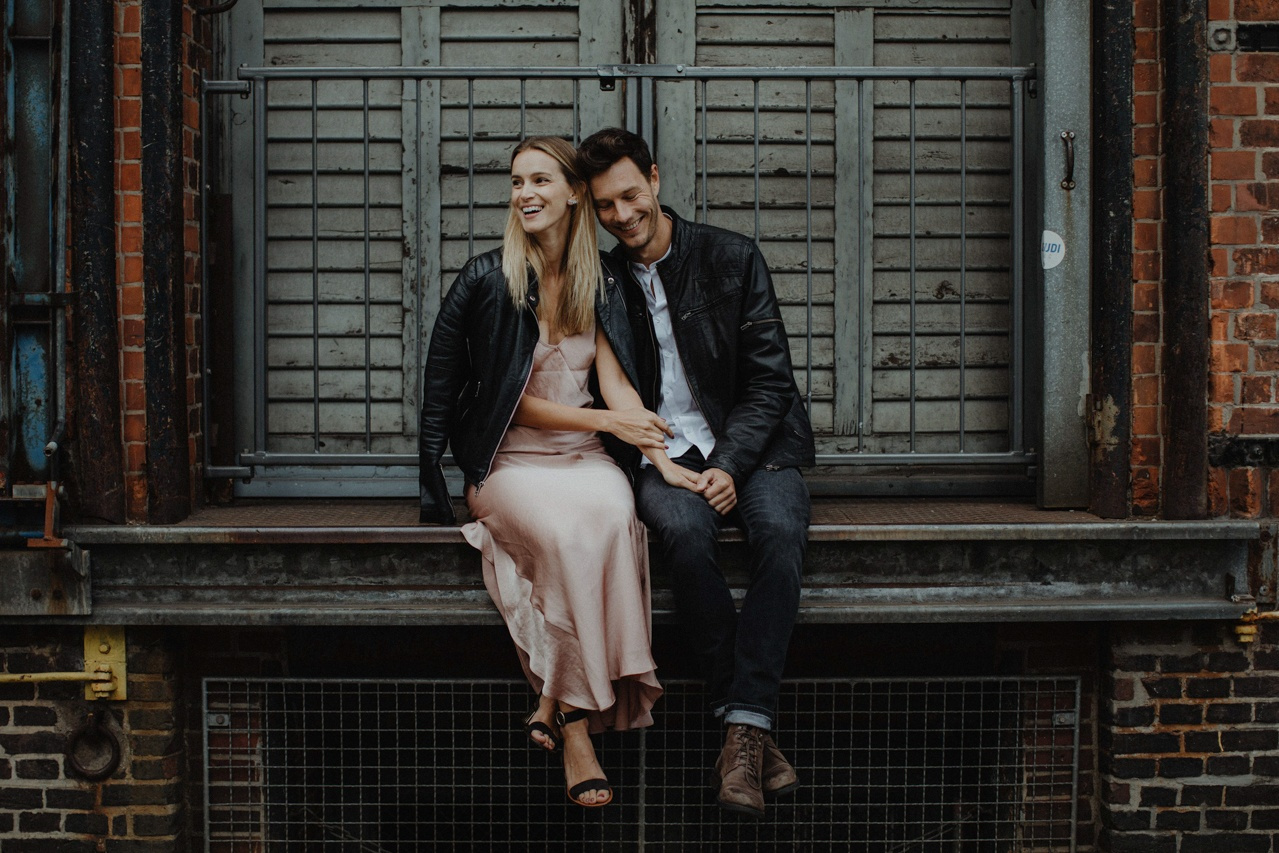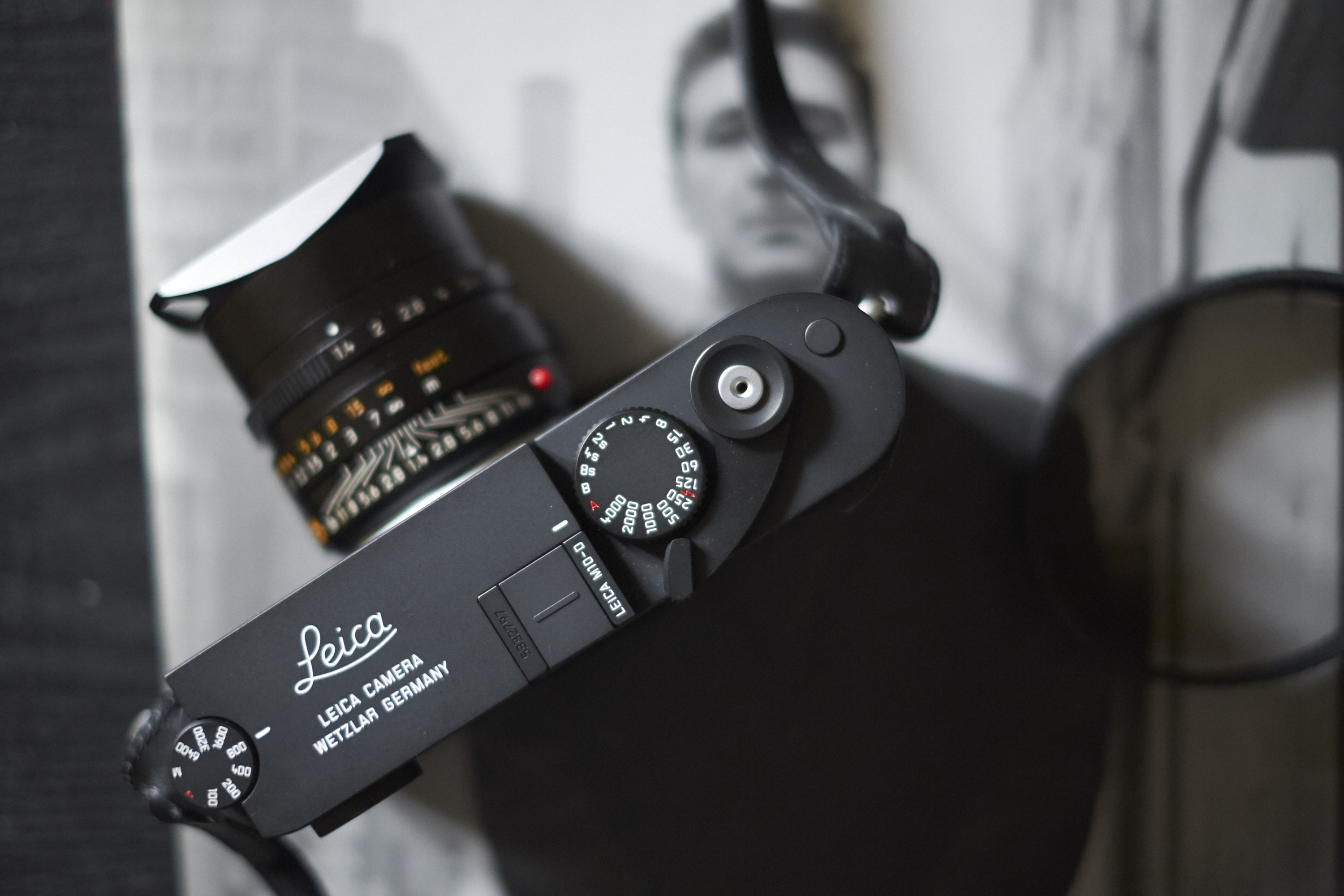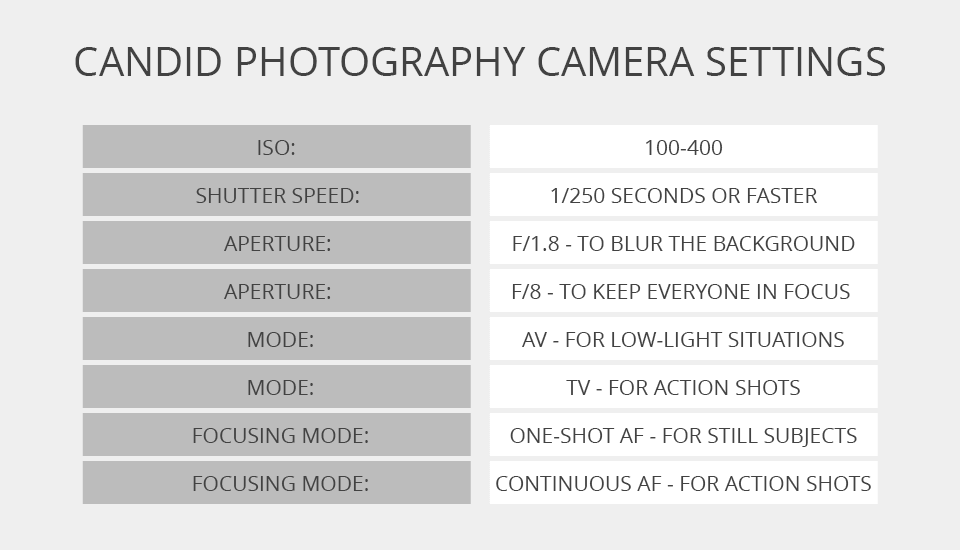
Candid photography is about capturing frames at the moment, without the model’s posing or the photographer’s commenting. Your clients are aware of your presence but take no special actions to assist your work. They just live through the moment and leave you to capture it as best you can, which often happens at weddings, in photojournalism and sometimes in portraiture.
For a total success, you have to take powerful gear, do much planning and build a strategy of positioning. With some of the tips below, you will know how to equip yourself with perfection and strengthen your planning and strategy skills. Let’s get right into it!

Even if your subjects know you’re shooting, the flash will be serving as a powerful reminder and making them awkward. It is like a bolt out of blue and everybody turns their attention to you in order to see what is going on. You will get much better candid shots if you ditch the flash and set the camera properly.
Set your ISO to approximately 400 and crack the diaphragm as open as it can go. Indoors, this will be enough to provide you with bright, crisp images, but make sure your focus is on point. The aftermath of such settings is a shallow depth of field and it will look lovely when aimed properly.

The most interesting portraits are the ones involving a number of people because they introduce relationships as well as characters. You can convey deep emotion and even tell a story by carefully framing two or more people in the midst of an activity.
The image occurs to be deeper. The air of the image is warmer and the viewer is more interested and has a feeling of relation to the image. It is the emotions that appeal to when people start viewing the photos.
Candid photography only happens spontaneously on the other side of your objective. As a professional, you will be doing a lot of planning at the spot, like estimating the best photography composition. If you take a strategic position and wait for your subjects to enter the frame, the act will be planned but the photo will look quite natural.
To make such estimations in a short instant, learn everything you can about leading lines and the rule of thirds, then wait until some experience builds up and allows you to anticipate reactions and motions.

Things happen within split seconds, and while you can’t manage to capture every single one, you should still do everything possible to quicken your reactions. This means that the camera bag will have to be left aside for the entire session because it creates delays.
Instead, use a good camera strap or harness that will keep it in short reach comfortably. There are many variations, and you can check which works best with you in practice since many are cheap and the benefits can differ.

As we know good and true feelings and emotions are revealed only for a couple of seconds and it is important not to miss them. One of the crucial skills for success is your ability to scan the chaos of people and the surrounding elements and pinpoint a valuable moment.
But even that isn’t sufficient because you need to determine the enhancing angle as well as caliber the camera to the surroundings and focus before such a moment has passed.

The perpetual damnation of portrait photography is the inability of many clients to relax and act naturally. A good tool for breaking the ice or even avoiding the tension buildup altogether is a hearty small talk.
It can be difficult at times to find the conversation subject that will ignite their eyes but the most candid photos will be the result of your success. Prepare some neutral questions you can ask in an attempt to establish a connection. In addition, train yourself to keep the conversation going as you’re doing your job lest the self-consciousness returns to your model.

Avoid fixing your camera at your eye level, venture lower or higher if you want to capture more. With a changed perspective, you can alter the viewer’s perception of the same scene and make an even more atmospheric shot.
For instance, if it’s a child you’re working with, approach their eye level to entice the viewer to submerge into the child’s world and see things from an alters point of view.

Learning from the famous street photographers, try setting yourself in a busy spot for a stretch of time. This is likely to bring more results than roaming around in the search of something interesting happening.
A few of the busiest or most interesting venues would be any sort of large transport station, a shopping street or open-air market, the door of the civil registry office, etc. If you keep your eyes open, you will see many touching moments worth to release the shutter for.

People say that things on the foreground of the image can destroy the whole scene and are mostly distracting. However, I am on the opposite side to the majority. This little trick of using real-life objects to help you frame the shot creates a deeper atmosphere, playing on the viewer’s perception.
These are hundreds of opportunities to take such photos. Things on the foreground can be varied: people – as if you were taking shots from behind somebody's shoulder, trees – some leaves on the foreground make the image look spring-like, or the elements of décor – doorways, some pieces of furniture etc. everything is welcomed.

Giving something to do to your subject helps in two different ways. Mainly, it gives particular energy to the image and tells a story where there could have been another boring portrait. In addition, it helps the person concentrate on something other than the act of photography and feel more at ease.
Such shots attract more attention and you would watch them for hours since they grasp your imagination and you start creating a story in your mind while watching them. You would only need to be patient and quiet to capture that very moment when they will have forgotten about your job there.

That swift motion of lifting the camera to the eye is what instantly makes people act for the picture and drop their natural airs. It happens even more so when you just roam the streets and take random shots. With a modern camera, though, you can release the shutter noiselessly and from any position, thus remaining unobserved in your work.
To be successful at this, get an appropriate camera for street photography and practice aiming without looking in the viewfinder. It is very helpful to zoom out slightly to allow yourself some margin for the skewed aiming.

The truest candid photo is the one that occurred when neither the subject nor the photographer were thinking of the camera. This often requires you to casually take the camera without any idea or resolve. Of course, if your working horse is a Canon 1D or Nikon D6, you’re far less likely to drag it around mindlessly.
For that reason, mirrorless cameras are a necessary bit of equipment. They operate nearly noiselessly and have much more discreet dimensions. However, they still support different lenses and have manual modes for professional work.

One way of capturing genuine emotions is to set a greater distance between yourself and the subject. If you think about it, the difference between a person having you three feet away, which the 35mm lens would condition, and ten feet away, which you can manage with a 70-200mm lens, would be great.
As you set yourself further, you will get a perfectly close and detailed shot with a good zoom lens. If you agree, consider purchasing the Nikon AF-S Nikkor 70-200mm f/2.8E FL ED VR or Canon EF 70-200mm f/2.8L IS III USM.

Since everything in candid photography revolves around the transience of a moment, a sensible piece of advice would be to get the most out of it by shooting in burst mode. This will guarantee that the emotional outburst of your subject will be duly captured with nothing to ruin the frame.
This will require you to sieve through hundreds of similar shots in search of the ones truly perfect, of course. But it is much better than losing it due to one obstacle or another.

Several universal settings and helpful rules will quicken your reaction times and improve the results.
Keep your ISO low to avoid digital noise and the aperture wide to soften the background.
The shutter speed should be at least 1/250 and possibly faster to catch those instances of emotion.
The manual mode will likely cause you to lose a moment or two so rely on the aperture priority mode when the light is insufficient and shutter priority mode when there is motion involved. For the latter, you should also choose the continuous autofocus but don’t forget to set it to single-shot for a more still scenario.